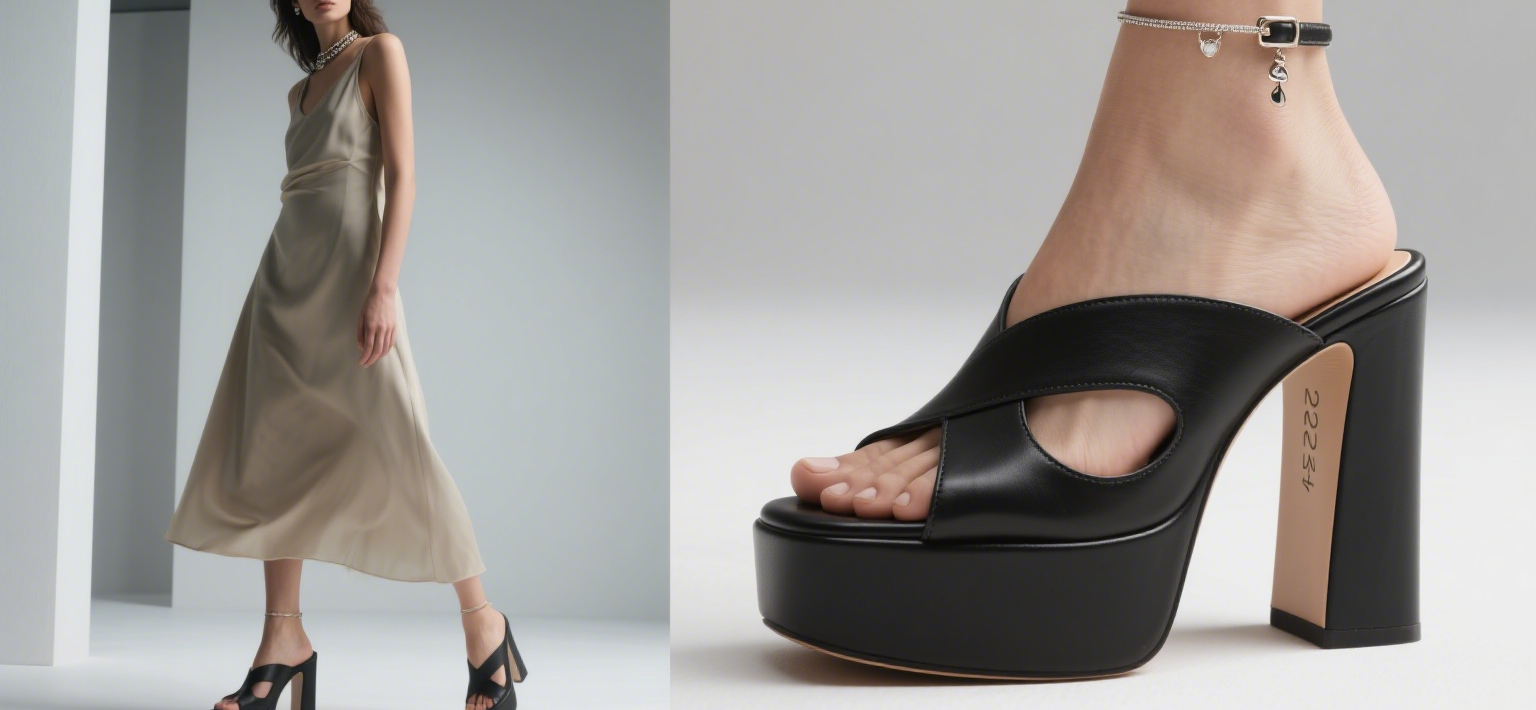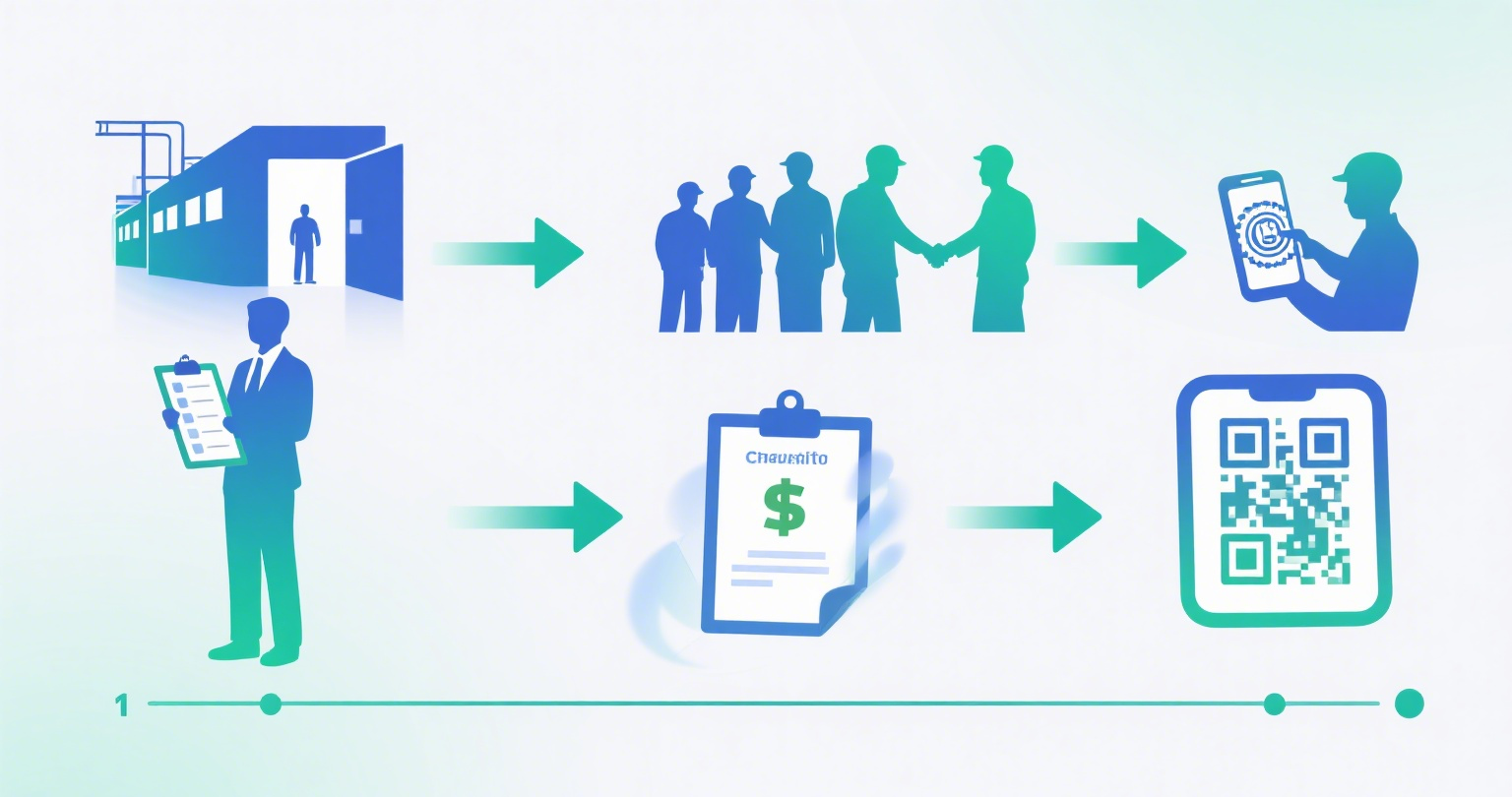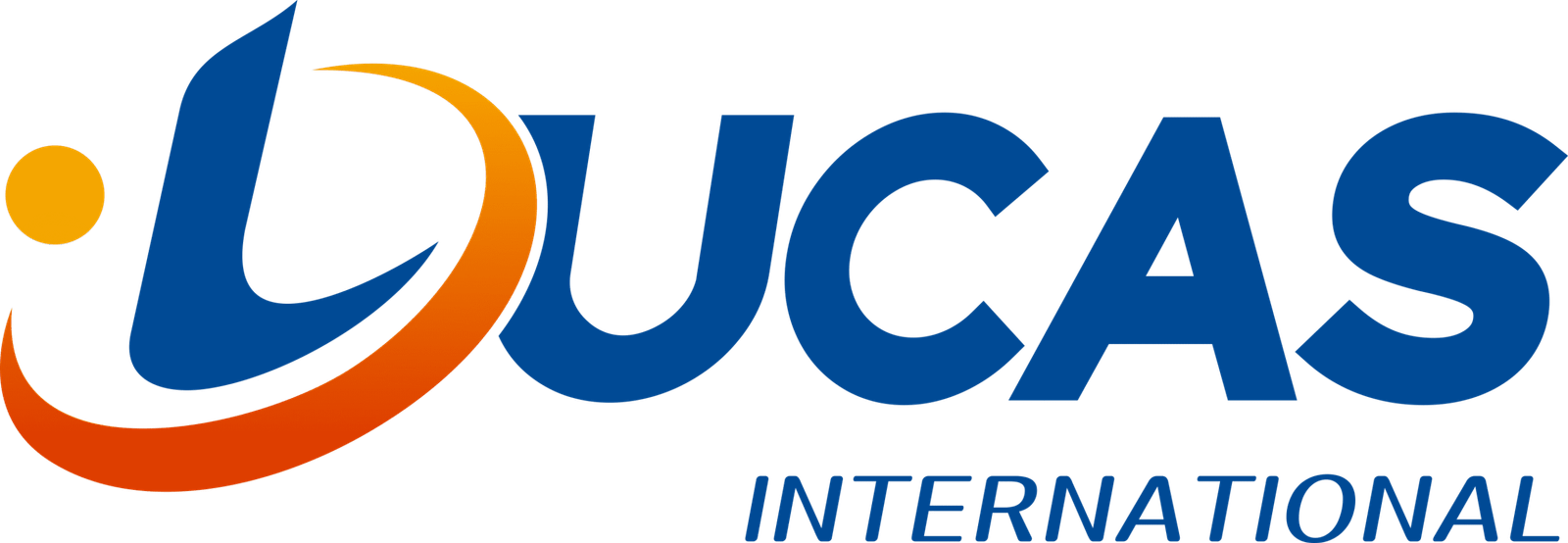Who Really Makes Your Shoes? Inside Global Shoe Factories Problem: Ever wondered about the hands that craft your shoes? Agitation: The reality behind mass production can be surprising, even concerning. Solution: Let's pull back the curtain and explore where and how your footwear truly comes to life.
Most shoes in 2025 are manufactured in Asia, primarily in countries like Vietnam, China, and Indonesia, which offer established infrastructure, skilled labor, and competitive production costs. These regions continue to dominate global footwear production due to their extensive supply chains and manufacturing capabilities.

Why is Asia still the dominant force?
Asia's dominance in shoe manufacturing is not a coincidence. It's built on decades of investment and development.
- Established Infrastructure: Countries like China have well-developed transport links. They have large ports and efficient logistics. This makes moving materials and finished goods easy.
- Skilled Labor Force: There is a large workforce. Many workers have specific skills for shoe production. These skills include stitching, lasting, and finishing. This knowledge has been passed down for generations.
- Competitive Costs: Labor costs are still lower than in Western countries. This helps keep production prices down.
- Integrated Supply Chains: Asia has a full ecosystem for shoemaking. This means raw material suppliers are nearby. Component manufacturers are also close. This makes production efficient.
| Country | Primary Advantages | Key Shoe Categories Produced | Market Share (Estimated 2025) |
|---|---|---|---|
| China | Scale, diverse product range, established supply chain | All types (athletic, casual, dress, specialized) | Leading, but diversifying |
| Vietnam | Athletic/sports shoes, growing infrastructure, trade agreements | Athletic, lifestyle, some casual | Significant and growing |
| India | Leather footwear, some athletic, large domestic market | Leather, formal, some ethnic | Niche, but potential for growth |
| Mexico | Nearshoring for North America, leather goods | Dress, boots, some athletic for NA market | Regional importance |
While some brands are exploring manufacturing closer to their consumer markets (nearshoring or reshoring), the sheer volume and specialized capabilities in Asia mean it will likely remain the primary manufacturing hub for the foreseeable future. Our commitment at Lucas is to leverage these capabilities responsibly.
What Working Conditions Exist in Shoe Factories? Problem: When you buy a pair of shoes, do you ever consider the human cost? Agitation: Unethical practices in some factories can lead to harsh working conditions. Solution: Let's examine the varying realities of labor in shoe manufacturing.
Working conditions in shoe factories vary significantly, ranging from highly ethical environments with fair wages, safety measures, and reasonable hours to much less desirable situations involving low pay, long shifts, and unsafe spaces. The conditions depend heavily on the brand's commitment to ethical sourcing and the factory's adherence to international labor standards.
This is an area where my company, Lucas, places immense focus. We are committed to a people-first approach, which means ensuring that the individuals crafting our shoes are treated with dignity and fairness. However, the truth is that working conditions in the broader industry can be a mixed bag. I've seen the good, the bad, and the ugly, and it reinforces why due diligence is so important.
What are common concerns in some factories?
Many factories, especially those focused on low-cost, fast fashion, face common ethical challenges. These include:
- Low wages: Workers may earn below a living wage. This makes it hard for them to support families.
- Long working hours: Shifts can be very long. Overtime is often forced. This leads to fatigue.
- Unsafe environments: Factories might have poor ventilation. There can be dangerous machinery. Fire exits may be blocked. This risks worker health and safety.
- Lack of benefits: Workers may not get healthcare or paid leave.
- Child labor: Though illegal, it still happens in some dark corners of the industry. This is a severe human rights violation.
- Discrimination: Women workers may face discrimination. They might also face harassment.
What do ethical factories look like?
Ethical factories, like those Lucas partners with, prioritize worker welfare. They provide:
- Fair wages: Wages meet or exceed local living wage standards.
- Reasonable hours: Work hours follow local laws and international standards. Overtime is voluntary and paid properly.
- Safe workplaces: Factories have good ventilation. Machinery is well-maintained and guarded. Workers get safety training. Emergency exits are clear.
- Benefits: Workers receive health insurance. They get paid vacations and sick leave.
- Respectful treatment: There is no harassment or discrimination. Workers have the right to form unions.
Our BSCI and SEDEX certifications are not just pieces of paper. They represent a real commitment to these principles. We conduct regular audits. We ensure our partners uphold these standards. This is about being responsible. It is about creating a positive impact.
What Certifications Prove a Shoe Factory Is Ethical? Problem: As a consumer, you want to make responsible choices. Agitation: But how can you really trust a brand's claims about ethical production? Solution: Let's look at the key certifications that verify a shoe factory's ethical standing.
Several reputable certifications exist to prove a shoe factory's ethical practices, ensuring fair labor conditions, safe environments, and often, environmental responsibility. Key certifications include BSCI, SEDEX, Fair Trade, and various ISO standards related to social accountability and quality management systems.

When Lucas talks about our commitment to ethical sourcing, we're not just using buzzwords. We back it up with verifiable certifications. For me, these external audits and standards are crucial because they provide an objective measure of a factory's practices. They offer transparency and accountability, which are non-negotiable for how we operate.
What are the main ethical certifications?
These certifications are awarded by independent third parties. They conduct strict audits.
- BSCI (Business Social Compliance Initiative): This is a leading supply chain management system. It supports companies in improving social performance. It focuses on labor rights and ethical business practices. These include fair wages, no child labor, and safe working conditions. Lucas works with BSCI-certified factories.
- SEDEX (Supplier Ethical Data Exchange): This is a non-profit organization. It helps companies manage ethical risks in their supply chains. It has four pillars: Labor, Health and Safety, Environment, and Business Ethics. Our factories are SEDEX-certified.
- Fair Trade Certified: This certification focuses on fair prices, fair labor conditions, and sustainable farming. While often linked to agricultural products, Fair Trade principles apply to some manufactured goods, too.
- SA8000 (Social Accountability International): This is a global standard for social accountability. It addresses labor practices in detail. It covers child labor, forced labor, health and safety, freedom of association, discrimination, and working hours.
| Certification | Focus Areas | Benefits | Applicability (Shoe Factories) |
|---|---|---|---|
| BSCI | Labor rights, fair remuneration, health/safety, no child labor | Comprehensive social compliance, continuous improvement | High |
| SEDEX (SMETA) | Labor, health/safety, environment, business ethics | Transparent data sharing, reduced audit fatigue, risk management | High |
| SA8000 | Social accountability, human rights in workplace | Robust standard, covers all core labor rights | High |
| GRS (Global Recycled Standard) | Recycled content verification, social/environmental practices | Validates recycled material claims, basic social/environmental criteria | Applicable for recycled materials |
| BCI (Better Cotton Initiative) | Sustainable cotton farming, social criteria (farm level) | Promotes sustainable cotton, links to some social textile practices | Applicable for cotton-based footwear |
Why are these certifications important?
Certifications provide several layers of assurance:
- Transparency: They offer a way for consumers to see that a brand is serious about ethics.
- Accountability: Factories are held to specific standards. They face regular audits. If they fail, they lose certification.
- Risk Mitigation: For brands like Lucas, these certifications reduce risks. They help ensure we partner with responsible suppliers. This protects our brand reputation. It also aligns with our values.
- Continuous Improvement: Many certifications require ongoing efforts. Factories must constantly improve their practices. This creates a positive cycle.
At Lucas, our affiliations with BSCI, SEDEX, GRS (for recycled materials), and BCI (for cotton) reflect our holistic approach to sustainability and ethics. It's not just about making great shoes; it's about making them in a way that is good for people and the planet.
The global footwear industry, while efficient, presents a complex picture of manufacturing origins and labor conditions. Verifiable certifications play a crucial role in ensuring ethical practices and responsible production.
About me Founded in 1998 in the historic canal city of Shaoxing, China, Zhejiang Lucas specializes in exporting diverse footwear — from ballerinas, heels, boots, espadrilles, sneakers, sandals, slippers to sports shoes — and apparel. Our products are sold in Europe, America, South Africa, Korea and beyond. With quality and reputation as our core, we work with BSCI, SEDEX-certified factories that meet brand standards like INDITEX and K-MART. Equipped with advanced facilities, GRS certification, and as a BCI member, we are committed to sustainable development. Integrating design, development, manufacturing and sales, Lucas upholds people-oriented values, quality first, and customer satisfaction.
